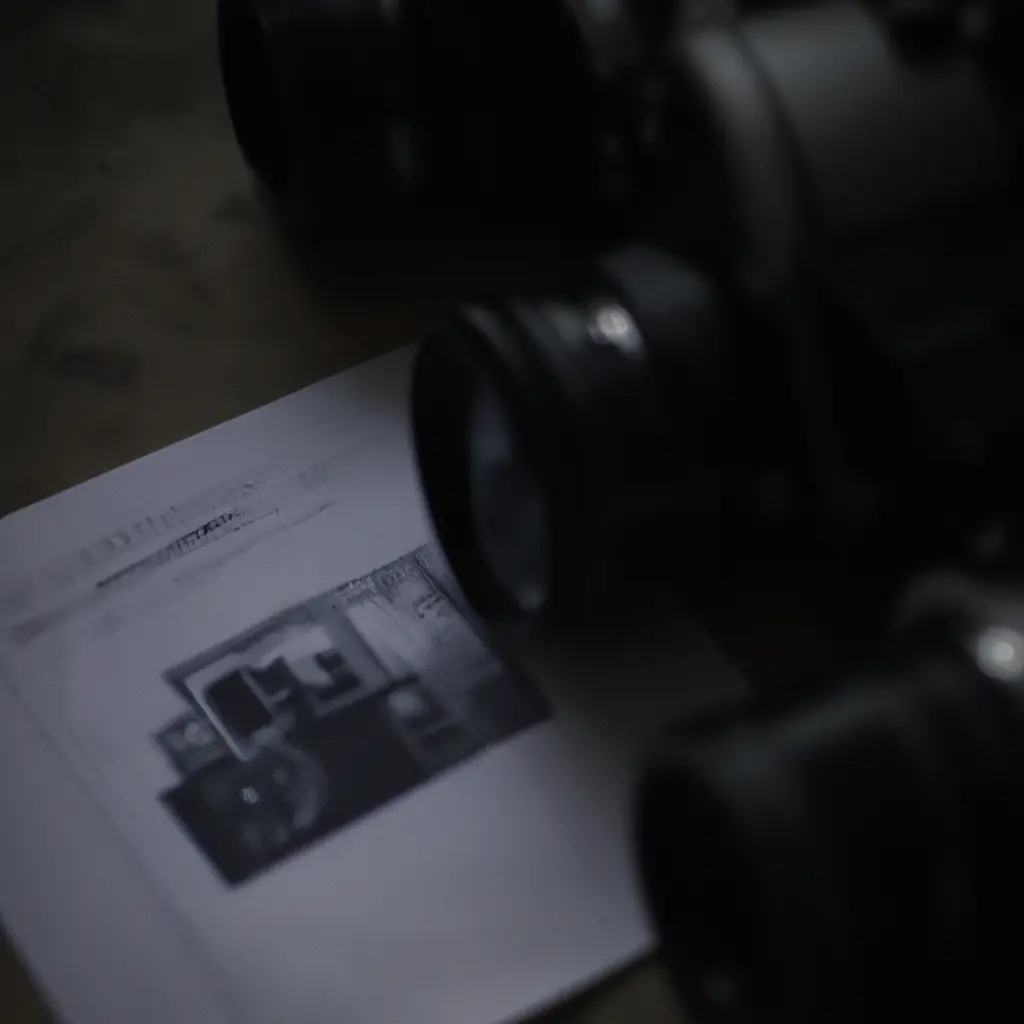Startups: should we register patents and trademarks? - Capital 2023

A joint study by the European Patent Office and the European Union Intellectual Property Office analyzes the benefits of registering patents and trademarks for startups.
The definition of a startup strongly emphasizes the creation of something new, innovation in market approach, a different product, or management restraint. In this sense, intellectual property plays a key role, as it generates something unique that makes a difference. Whether it's a brand, product, or process, it's important to protect this creation, meaning having intellectual property rights.
Although this may seem symbolic, the reasons for it are much more tangible, as shown by a recent report compiled by the European Patent Office and the European Union Intellectual Property Office. This document demonstrates that startups that register trademarks or patents find it significantly easier to secure funding than those that do not. Specifically, in the early stages of growth, having a registered brand or patent increases the likelihood of obtaining external financial resources by ten times.
It should be noted that the registration itself is already an advantage, but there is a difference between the opportunities provided by registration at the national level and registration at the European level. The likelihood of obtaining funding increases sixfold for startups that register their brands at the European level compared to those who limit themselves to national protection. For patents, this difference is fivefold, meaning that a European patent makes obtaining funding five times more likely than a national patent.
However, the share of startups that have registered intellectual property rights is 29%, although there are industries where this is more common. Half of the startups in the biotechnology sector use registered patents or trademarks, making this industry the most interested in registering and protecting its knowledge. They are followed by science and engineering, with 25% of startups having registered patents and 38% using trademarks.
14 May 2025
14 May 2025
13 May 2025
14 May 2025



It should be noted that the presence of such percentages of intellectual property registration does not mean that startups are not interested in it. This can be seen again in the biotechnology sector, where 48% of startups applied for a patent, and 47% applied for a trademark. At the same time, the percentage of startups engaged in science and engineering that applied for trademark registration is 38%, while 25% applied for a patent.
Intellectual property by country
The data in Spain largely aligns with the data from the rest of Europe, although there are some differences. The biotechnology startup sector is the most active in terms of patent or brand registration requests, accounting for 65% of startups. In contrast to the overall data, the second sector with the highest number of applications in Spain is agriculture and livestock (43% of companies). This is followed by the science and engineering sector (42%), healthcare, natural resources, and sustainability.
The use of intellectual property rights varies significantly across different European countries. Finland and France have the highest percentage of startups with some form of IP registration, each at 42%. Following them are startups based in Germany (40%), Austria (40%), Denmark (34%), Italy (39%), Norway (37%), the Czech Republic (31%), Sweden (34%), and Switzerland (32%), which, on average, file more intellectual property rights applications. Companies in these countries are also more likely to apply for trademark and patent registrations, often combining these two forms of intellectual property rights. This is particularly characteristic of startups from Austria, France, Switzerland, and the Nordic countries.
Comment
Popular Offers

Subscribe to the newsletter from Hatamatata.com!
Subscribe to the newsletter from Hatamatata.com!
I agree to the processing of personal data and confidentiality rules of Hatamatata











